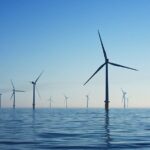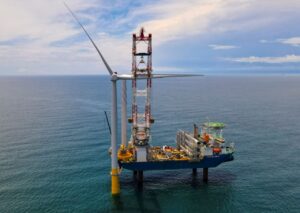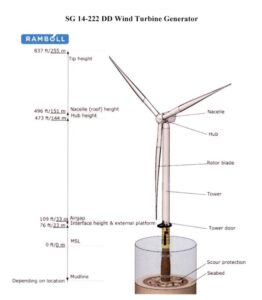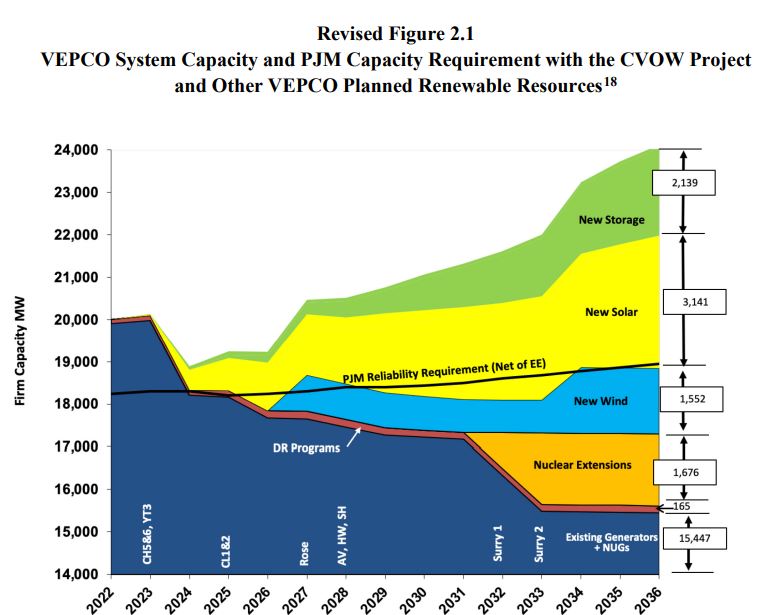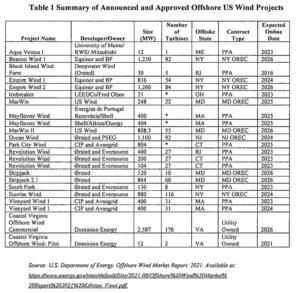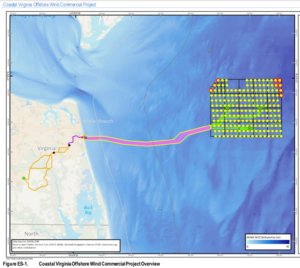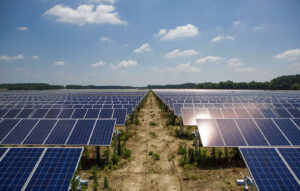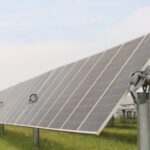 by James A. Bacon
by James A. Bacon
Dominion Energy expects to create 900 construction jobs and support 1,100 employees in ongoing operations for its proposed $9.8 billion offshore wind farm. Hundreds more jobs could be created if, as hoped, companies in the wind power industry begin manufacturing components and providing ancillary services in Hampton Roads.
As part of its wind farm initiative, the utility has created an economic development plan for maximizing investment and job creation in Virginia and ensuring that the benefits are shared broadly, including with veterans and “workers from historically economically disadvantaged communities.” The plan says the company will engage with economic development authorities, business trade organizations, workforce development groups, and “minority civic and business organizations.” It even plans to collect data on the number of women, veterans and minorities employed by suppliers with contracts over $500,000 in value.
But that’s not good enough for the Virginia Chapter of the Sierra Club. “Dominion’s Plan is not sufficient to meet the diversity, equity, and inclusion targets” outlined in the state code, says Mark Little, co-founder of CREATE in State Corporation Commission testimony on behalf of the Sierra Club.
Little wants Dominion to set “ambitious, progressive targets” on the number and percentage of employees to be hired by sex, race/ethnicity, and veteran status, collect detailed statistics on the demographic composition of the hires, and publish updates every six months. Furthermore, Little says Dominion needs to make “structural changes” such as hiring Diversity, Equity, and Inclusion officers to execute its vision. Continue reading →

